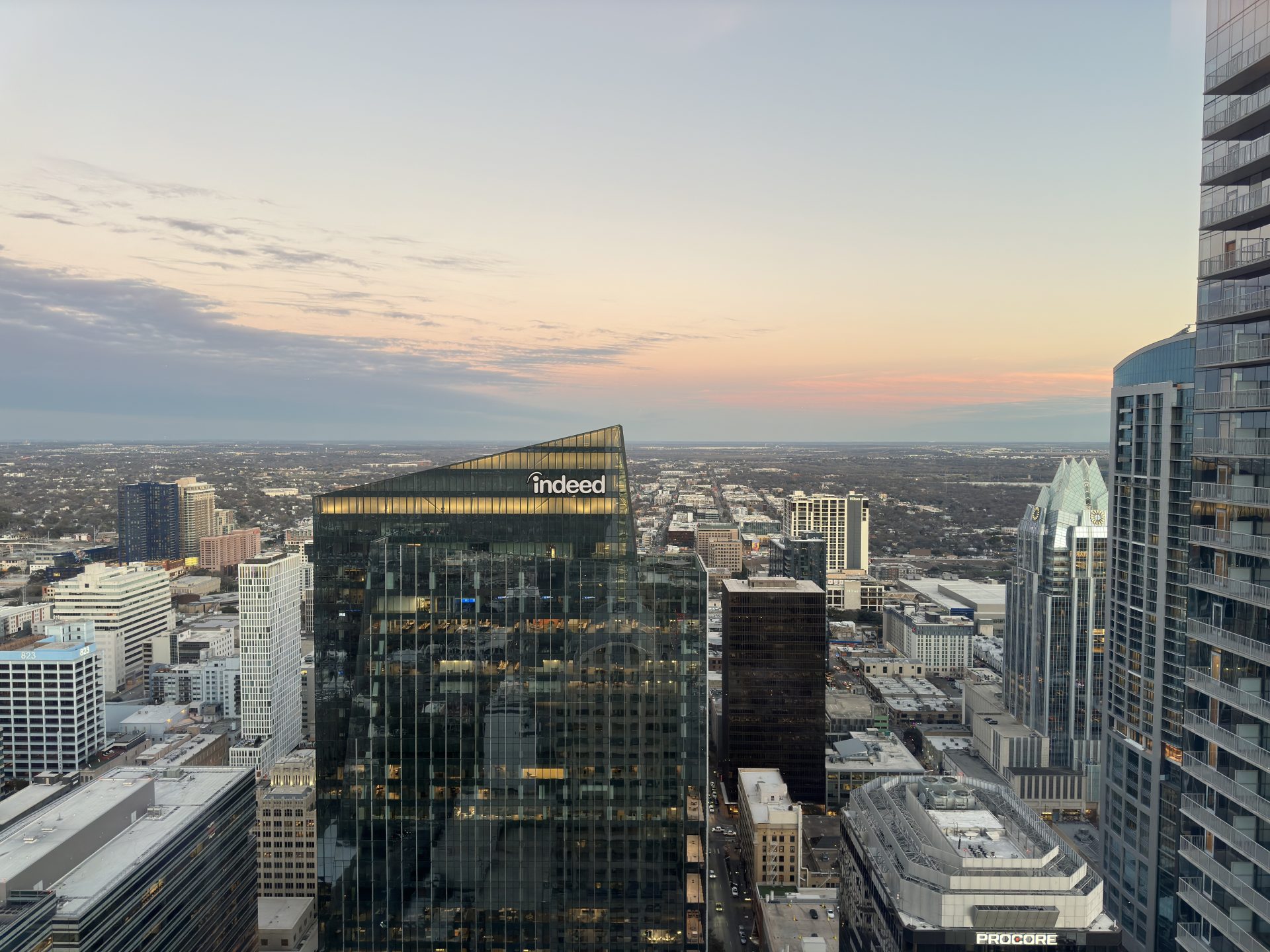I’ve observed a concerning decline in critical thinking within our society. The pervasive influence of entertainment culture, often characterized as a “bread and circus,” coupled with the shortcomings of public education, has fostered an environment that stifles intellectual curiosity. This begs the question: Where has critical thinking gone? Imagine the potential of a populace with a greater emphasis on intellectual pursuits.
This decline in critical thinking is evident in various aspects of everyday life. There’s a growing preference for quick fixes and simplistic solutions, often relying on technology to solve complex problems instead of engaging in deeper analysis. For example, instead of crafting a blog post with their own words and insights, many bloggers now resort to AI tools to generate content, essentially outsourcing their intellectual labor.
While I acknowledge the value of AI in tasks like proofreading for spelling and grammatical errors, simply allowing AI to do the heavy lifting undermines the very essence of creative expression and intellectual engagement. Humans like reading what humans write.
Standardized tests and multiple-choice exams, with their emphasis on rote memorization and constrained frameworks for thinking, have significantly contributed to this decline. These assessments often prioritize conformity over independent thought and creativity, hindering the development of critical thinking skills.
These observations about the decline in critical thinking reinforce my concerns about the state of society. I often observe individuals going through their daily lives in a somewhat detached and unfulfilled manner, devoid of genuine passion and living a life of subdued existence.
The pressures of the modern workforce, with its long hours and demanding schedules, leave little room for individuals to pursue meaningful pursuits or cultivate their intellectual interests. Dreams often remain unfulfilled as individuals struggle to make ends meet, trapped in a cycle of work and financial insecurity. This grim reality, while perhaps a negative perspective, reflects the harsh realities of life in the 2020s.
For years, I identified as a libertarian, but I’ve recently shifted my political perspective towards Classical Liberalism. This shift reflects my growing recognition of the need for some government intervention to address the injustices perpetuated by greedy and exploitative individuals and corporations. I believe that government, like the immune system of the human body, plays a crucial role in protecting society from harmful influences and maintaining a balanced and equitable society.
However, this does not diminish my commitment to individual liberty and the preservation of fundamental human rights. With freedom comes responsibility, and individuals must ultimately bear the consequences of their choices.
The universal law of sowing and reaping, while not always immediately apparent, ultimately prevails. While it may seem that some individuals escape the consequences of their actions, I believe that ultimately, everyone accounts for their choices, even if it takes time.
The rise of seemingly successful individuals who engage in unethical behavior may appear to contradict this principle, but I am not convinced that such individuals achieve true and lasting fulfillment. History is replete with examples of individuals who, despite initial success, ultimately experienced significant setbacks and even downfall, particularly when their actions harmed others.

Leave a Reply